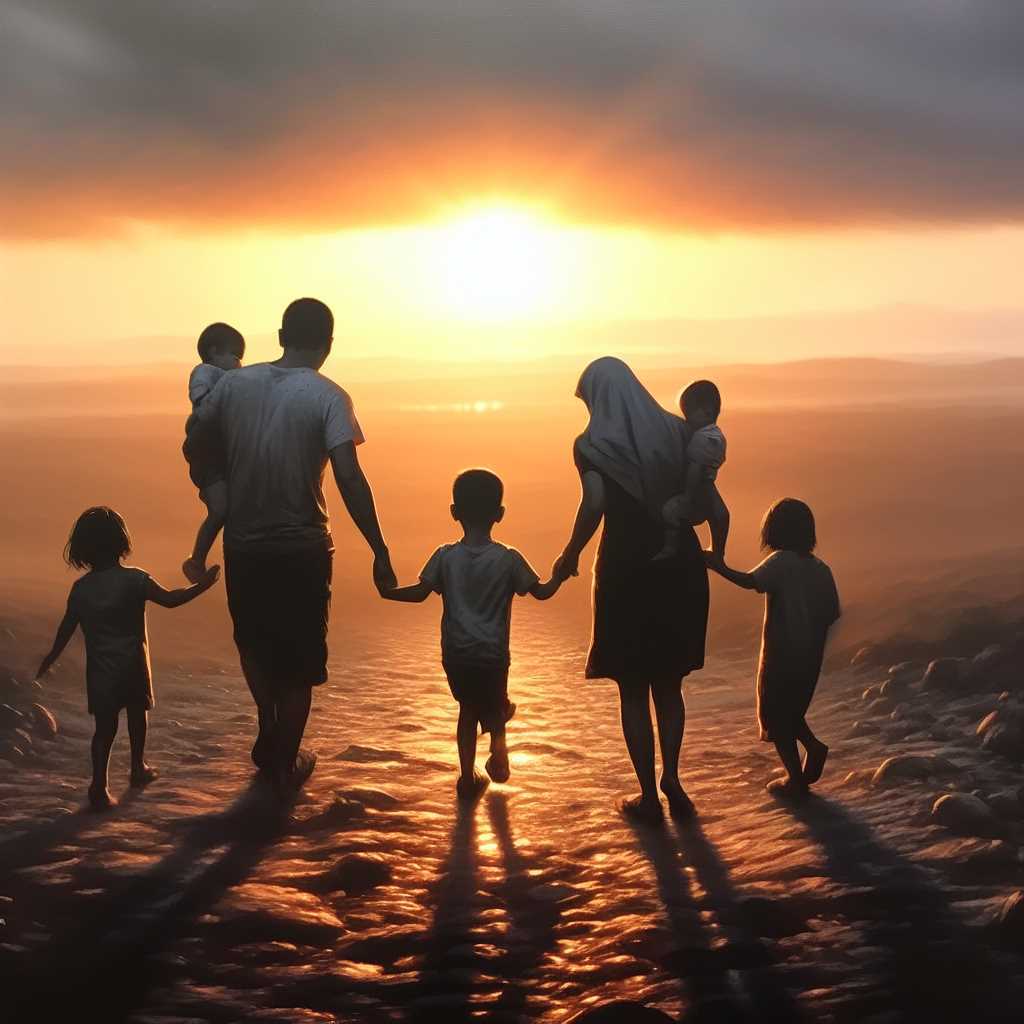Why Uncle Sam Loves a Good Immigration Simmer
The US fuels scapegoating and fear with migrants, ignoring their own woes. Meanwhile, migrants face abuse and limbo. Let's treat them right and build bridges, not walls, to a stronger future for all, north and south. Ditch fear, embrace humanity.

For the U.S. government, migrants are like the Swiss Army knife of political scapegoats: endlessly useful, always handy, and, let's be honest, a little dangerous. They're the distraction in the magic show, the smoke and mirrors that keep us from noticing the ever-widening gap between the Vanderbilts and the Joes. They're the convenient excuse for crumbling infrastructure, a national bogeyman to justify endless wars and chipped teacups.
As Professor Ricardo Domínguez Guadarrama of UNAM so eloquently put it, “migrants serve to avoid having to face the real problem of the ever-widening gap between rich and poor, or to not take responsibility for the deterioration, old age and obsolescence of its infrastructure.”




